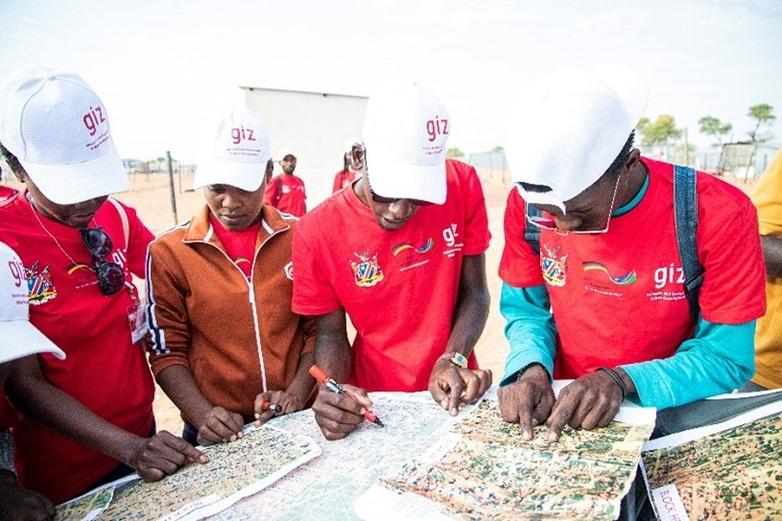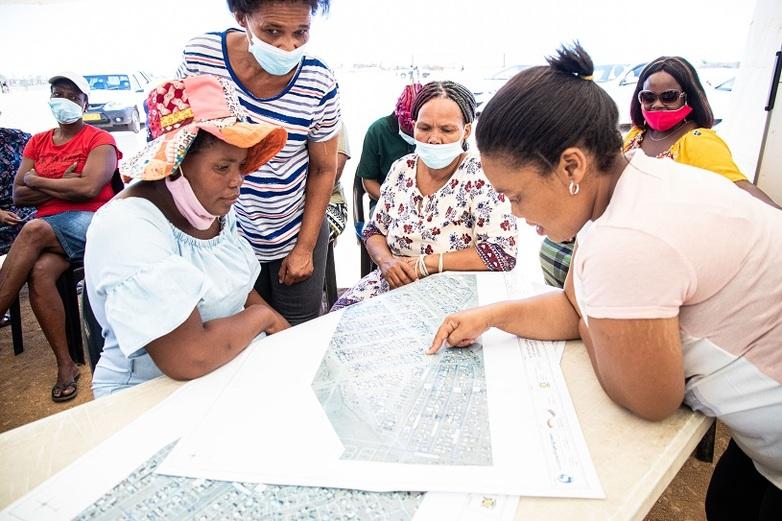Context
Namibia is in the middle of transition from a rural to an urban society. By 2050, an estimated three-quarters of its population will live in cities. People’s ways of life, choices and goals are changing, with development challenges such as poverty, education and health increasingly shifting to the cities.
Cities grow primarily by establishing, condensing and expanding informal settlements. However, the occupants of the settlements lack secure land rights and live in poor conditions. Particular challenges of upgrading neighbourhoods are cost efficiency, resilience, safety, hygiene and lack of income opportunities.


